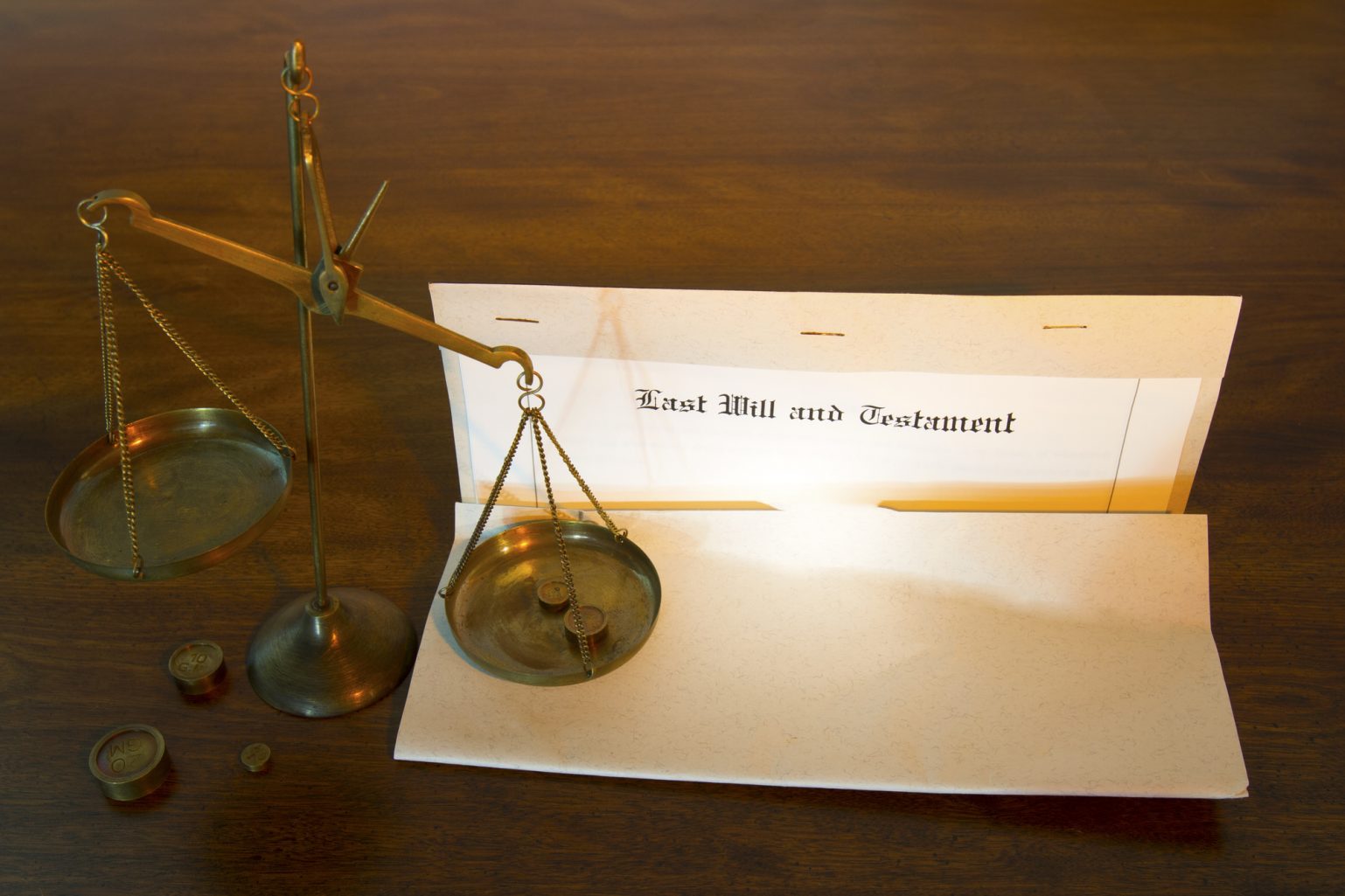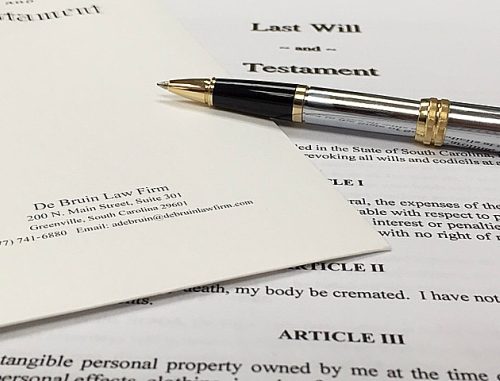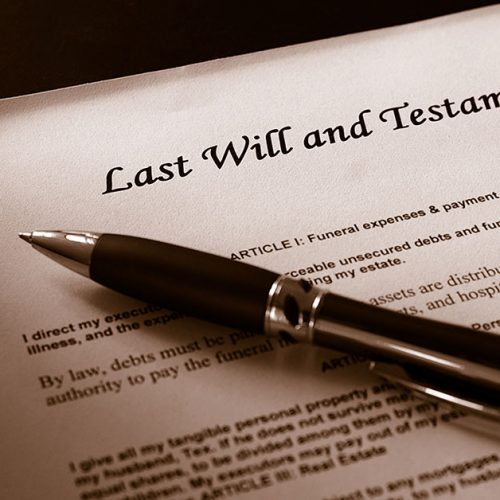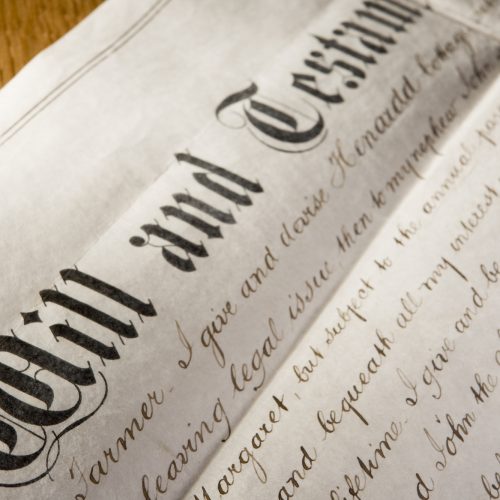What Are Nonprobate Assets?
Whether you are planning your estate or you are the executor of someone else’s estate, it is crucial that you understand the difference between probate and nonprobate assets. Nonprobate assets are essentially assets that do not have to go through probate upon the death of the estate owner. This term often confuses people, but it is actually rather simple. These assets are those that immediately transfer at the time of death, and are not an asset of the estate. Common nonprobate assets include:
Life Insurance
If there is a beneficiary listed properly on the life insurance policy, the proceeds will not go through the probate, but will go directly to the beneficiary. Life insurance is a wise decision if you have dependents who rely on your income, because they will receive the money from the policy quicker. However, you must make sure that the beneficiary designations are always accurate, or the proceeds will automatically go to the estate, and will be subject to taxes, creditors, and probate fees.
Retirement Accounts
If you name a beneficiary to your retirement account, they are automatically entitled to the account’s assets at the time of your death. Just like life insurance, however, you must make sure that your beneficiary is accurate, or they face the same dilemma. Be sure to consider your retirement accounts when discussing your assets with your estate planning attorney.
Payable On Death (POD) Accounts
Transferring most of your money to a POD account is a good strategy for ensuring your family receives the funds as soon as possible without being subject to extra fees. However, it is wise to still make sure your estate has some cash to cover funeral costs and other expenses.
Jointly Held Property
If you own property that is jointly held, you can set up your estate so that after your death, the interest is automatically given to the other owner (or owners). This is an advantageous if you have jointly held property with a spouse or one of your children, but it can be tricky with divorces or multiple children, so be sure to consult with a real estate attorney about this issue.
Trust Assets
If your assets are transferred to a trust before your death, it is a nonprobate asset. This is because assets in a trust are controlled by the trust, not the recently deceased, and therefore, do not need probate.
Given the difference between probate and nonprobate assets, it is clear that it is important to regularly estate plan to ensure that after you pass, your family will have access to the funds they need. Keep your affairs in order by regularly updating your will to accommodate any major life changes, including an employment change, a divorce, the birth of a child, the death of a beneficiary, and the purchase of property. When you need an estate planning lawyer in South Carolina, The De Bruin Law Firm has estate planning lawyers who may be able to help. Contact us today.










